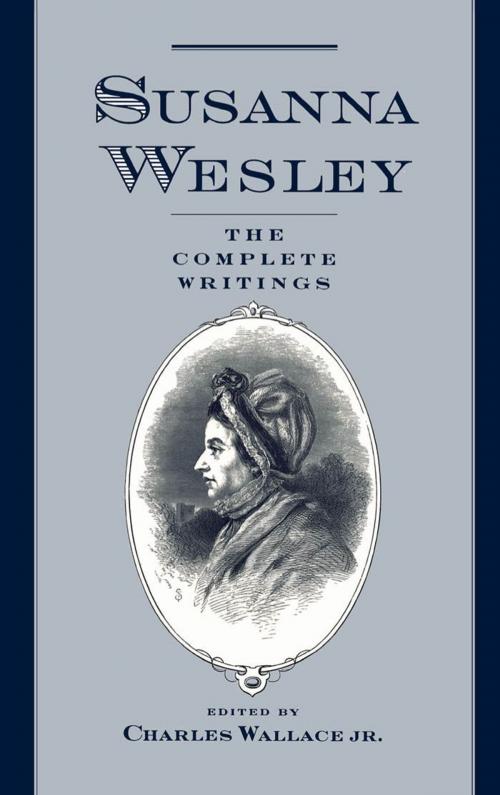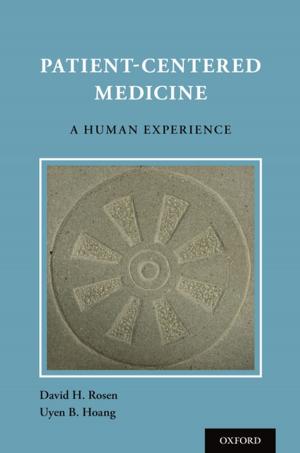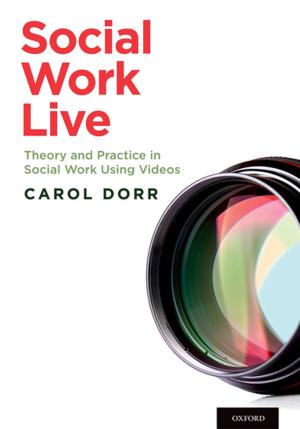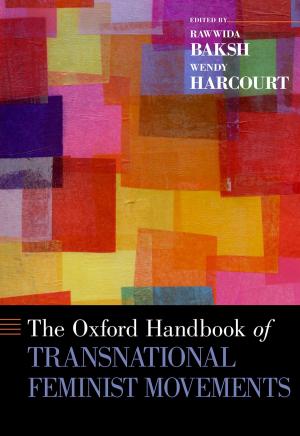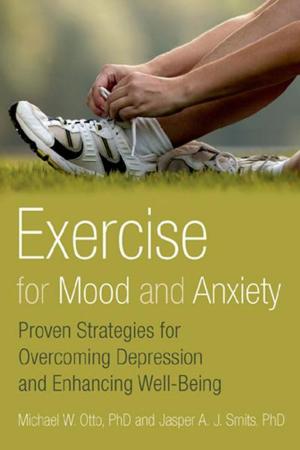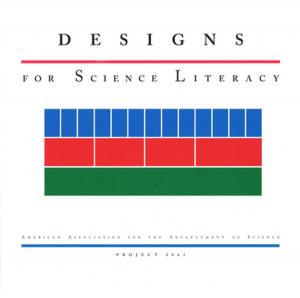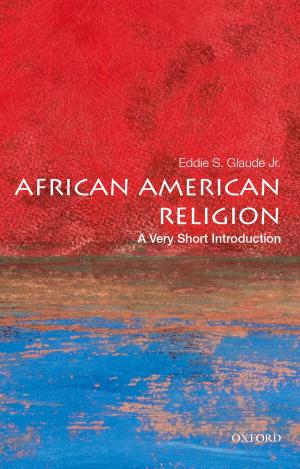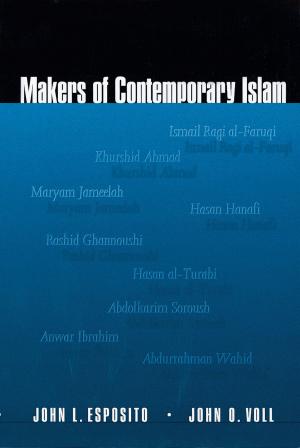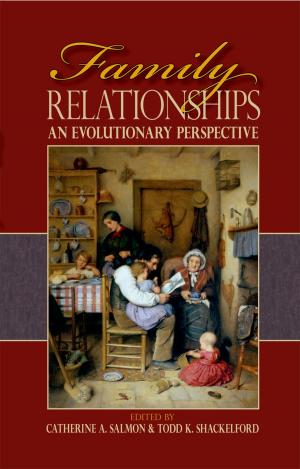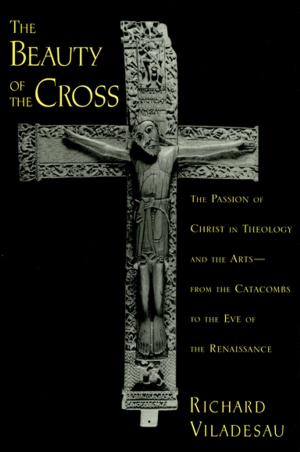Susanna Wesley
The Complete Writings
Nonfiction, Religion & Spirituality, Christianity, Christian Literature, Church, Church History, Fiction & Literature, Poetry| Author: | Susanna Wesley | ISBN: | 9780199879458 |
| Publisher: | Oxford University Press | Publication: | June 26, 1997 |
| Imprint: | Oxford University Press | Language: | English |
| Author: | Susanna Wesley |
| ISBN: | 9780199879458 |
| Publisher: | Oxford University Press |
| Publication: | June 26, 1997 |
| Imprint: | Oxford University Press |
| Language: | English |
Susanna Wesley, long celebrated in Methodist mythology as mother of the movement's founders, now takes place as a practical theologian in her own right. This collection of her letters, spiritual diary, and longer treatises (only one of which was published in her lifetime) shows her to be more than the nurturing mother of Wesleyan legend. It also reveals her to be a well-educated woman in conversation with contemporary theological, philosophical, and literary works. Her quotations and allusions include Locke, Pascal, and Herbert, as well as a number of now forgotten theologians. In some of her work, one can distinguish doctrinal and spiritual leanings, such as Arminianism and Christian perfection, that would later find wide expression in the spread of Methodism. Further, her writings demonstrate her readiness, for conscience's sake, to stand up to the men in her life--father, husband, and sons---and the three incarnations of English Protestantism they represented: respectively, Puritanism, the Established Church, and the new Methodist movement. Tracing these incidents in her letters and diaries, a reader can begin to understand how spirituality, even an otherwise conservative one in rather restrictive times, can serve to empower the voice of women.
Susanna Wesley, long celebrated in Methodist mythology as mother of the movement's founders, now takes place as a practical theologian in her own right. This collection of her letters, spiritual diary, and longer treatises (only one of which was published in her lifetime) shows her to be more than the nurturing mother of Wesleyan legend. It also reveals her to be a well-educated woman in conversation with contemporary theological, philosophical, and literary works. Her quotations and allusions include Locke, Pascal, and Herbert, as well as a number of now forgotten theologians. In some of her work, one can distinguish doctrinal and spiritual leanings, such as Arminianism and Christian perfection, that would later find wide expression in the spread of Methodism. Further, her writings demonstrate her readiness, for conscience's sake, to stand up to the men in her life--father, husband, and sons---and the three incarnations of English Protestantism they represented: respectively, Puritanism, the Established Church, and the new Methodist movement. Tracing these incidents in her letters and diaries, a reader can begin to understand how spirituality, even an otherwise conservative one in rather restrictive times, can serve to empower the voice of women.
